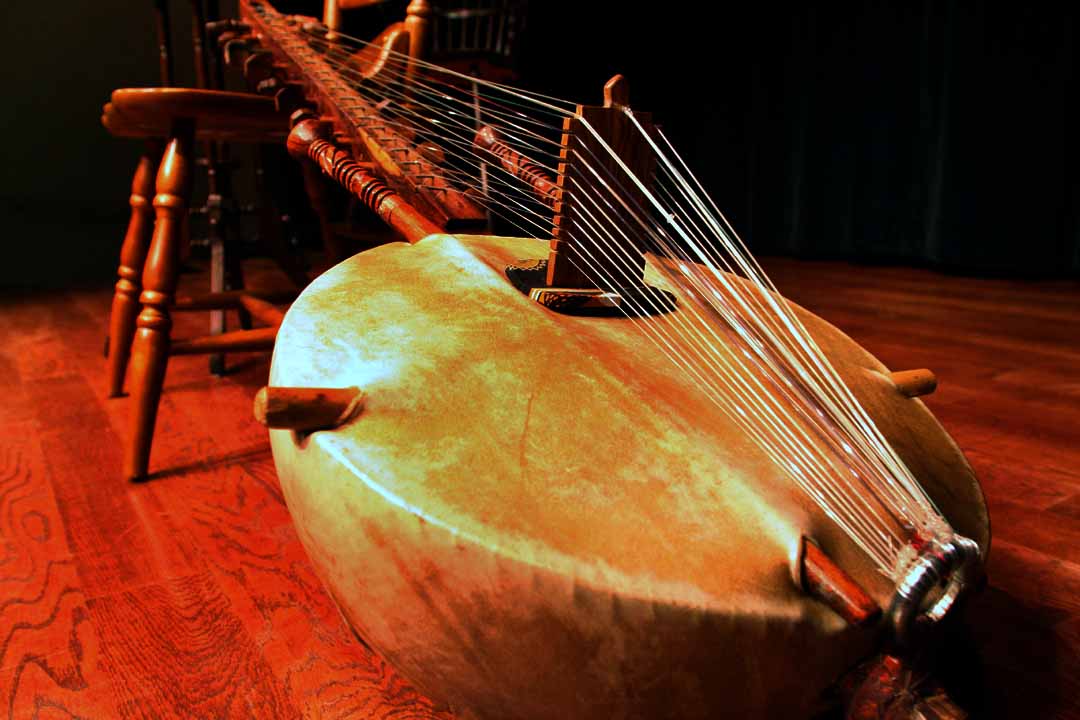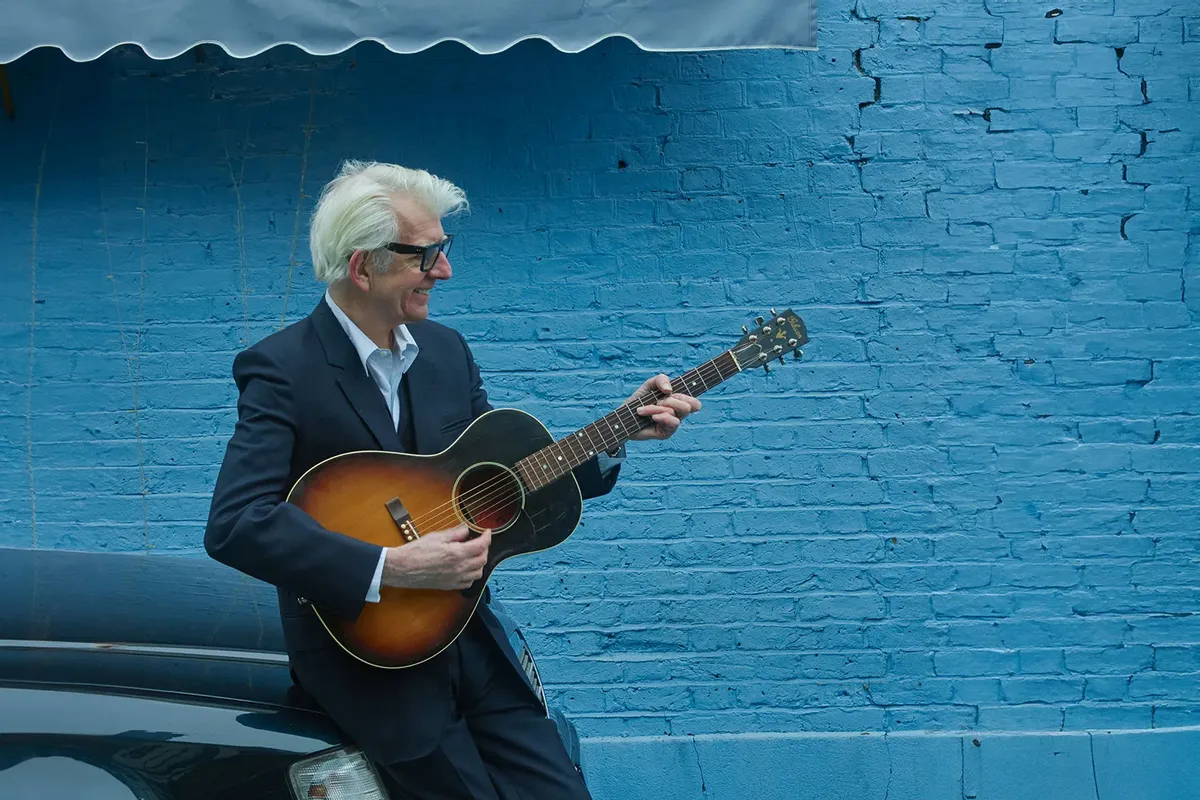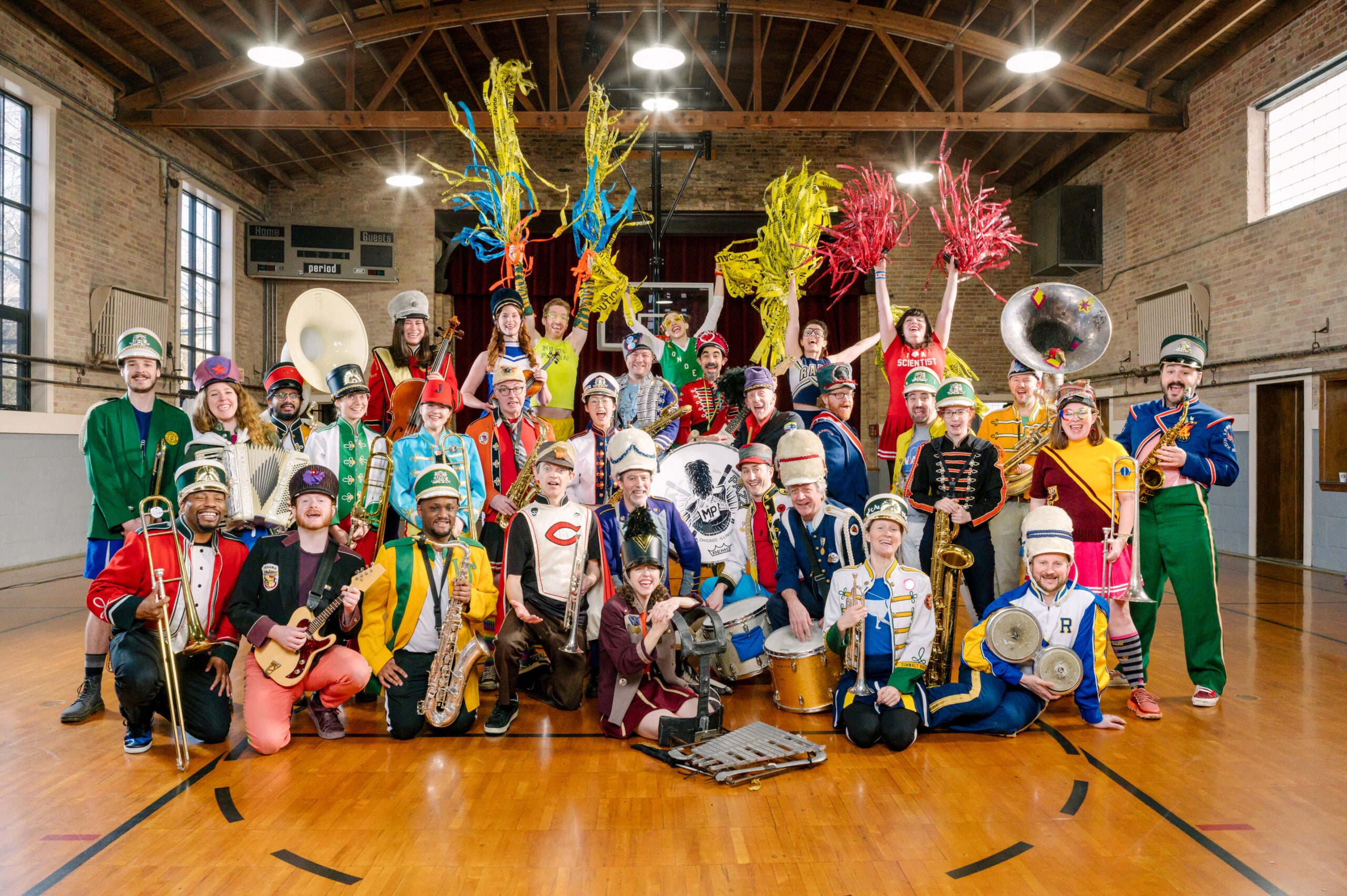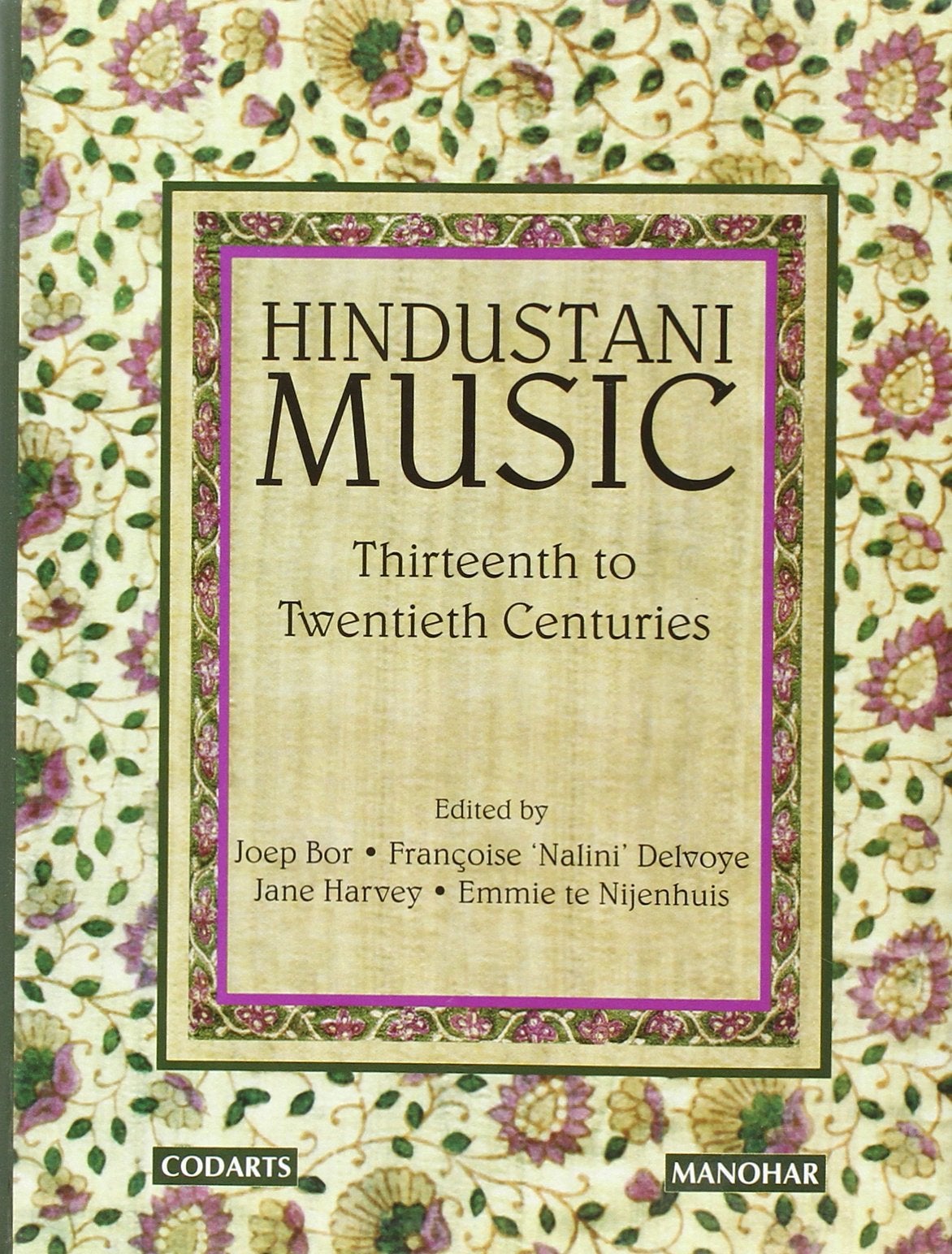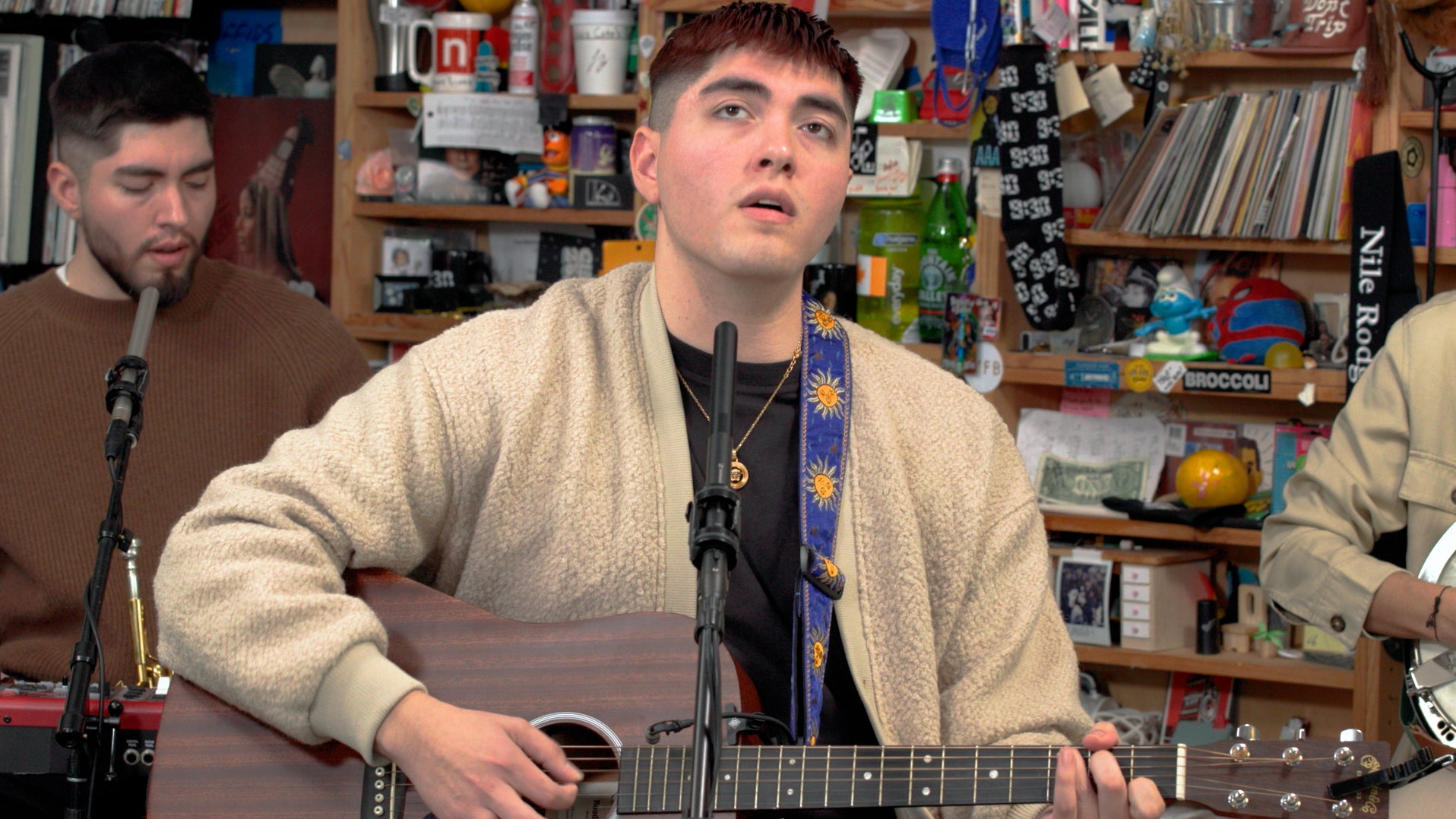A kora or African lute is constructed from a large calabash cut in half and covered with cow skin. This ancient instrument is fitted with a bridge like a lute or guitar. The sound of a kora resembles that of a harp characteristics of flamenco and delta blues guitar techniques. The play the kora, the performer uses only the thumb and index finger of both hands to pluck the strings. The remaining fingers depress the strings to create different pitches and to secure the instrument.
Most koras have 21 strings, eleven played by the left hand and ten by the right. In ancient times the strings were traditionally made from thin strips of animal hide. Kora players traditionally come from griot families. Groits are generally traditional historians, nomadic musicians, genealogists and storytellers who pass their skills on to their descendants. The instrument is played in Guinea, Guinea Bissau, Mali, Senegal, and The Gambia. A traditional kora player is called a Jali, similar to a ‘bard’ or oral historian.
Stay informed on the latest news
Sign up for WPR’s email newsletter.
Wisconsin Public Radio, © Copyright 2025, Board of Regents of the University of Wisconsin System and Wisconsin Educational Communications Board.

